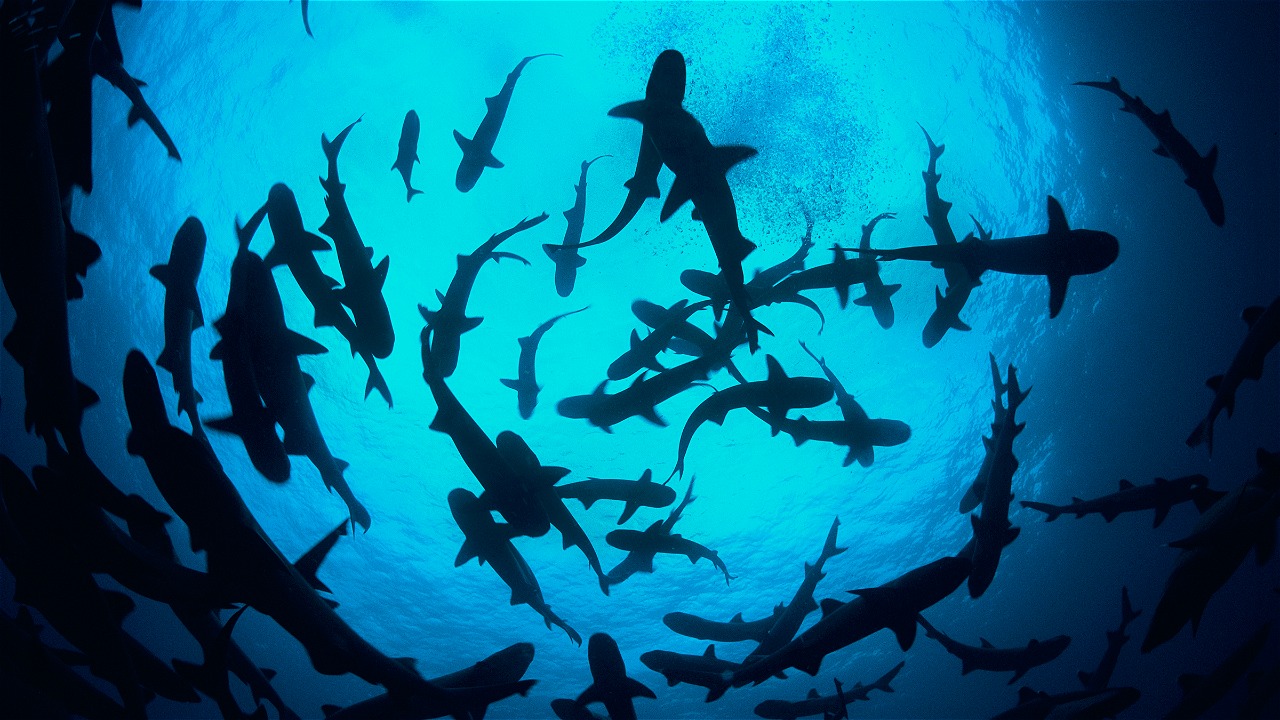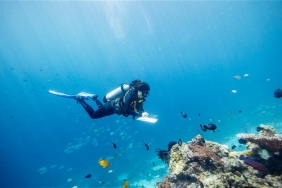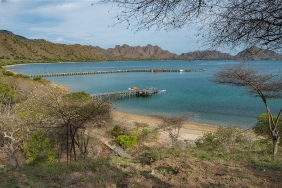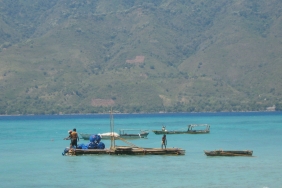WWF: OCEAN DEGRADATION CAN BE REVERSED
Jakarta - Indonesian waters are still the main target of illegal fishing. The Ministry of Maritime Affairs and Fisheries (KKP) in 2014 recorded state losses due to illegal fishing is estimated to exceed Rp 101 trillion per year. The level of loss is about 25 percent of Indonesia's total fisheries potential of 1.6 million tons per year.
The potential of the world's oceans, including Indonesia, is faced with the biggest challenge from the practice of illegal fishing as well as marine tourism practices that have not followed conservation principles which result in huge economic losses and threaten marine biodiversity. In addition to over-exploitation of marine resources, climate change and the destruction of marine habitats pose a serious threat, especially to those living at the poverty line who depend on marine resources for their livelihoods.
Based on analysis of a global sample of more than 1200 marine species, not just fish, it is estimated that half of marine populations declined between 1970 and 2012. Coral reefs are even predicted to be extinct by 2050 as a result of climate change. Yet at least 25 percent of all marine species populations and at least 850 million people depend directly on the economic, social and cultural services that coral reefs provide. The findings are based on an analysis by researchers at the Zoological Society of London (ZSL) of statistics previously reported in the WWF Living Planet Report 2014.
However, the Living Blue Planet Report released by WWF today (16/09), states that the condition of the ocean and its resources, which have continued to decline in recent decades, can be improved to return to a level of sustainability capable of sustaining human life.
"Living Blue Planet Report is published to provide an up-to-date picture of the state of the ocean," said Marco Lambertini, Director General of WWF International. "Within a generation, human activities have inflicted severe damage on the ocean by catching fish at a rate faster than their reproductive cycles, while fishing practices and coastal development have also destroyed their breeding grounds. Major changes are needed to ensure marine life remains abundant for future generations."
WWF-Indonesia CEO, Efransjah said, "The Living Blue Planet Report should be read as WWF's effort to offer solutions to bring the ocean out of its ever-declining state. We are fortunate that we still have the opportunity to turn the tide and repair the damage,"
Efransjah continued, "The fundamental change needed is to change our lifestyle to the limits of the ocean's carrying capacity so that the ocean can ensure food security, become a source of livelihood, support economic growth and maintain the balance of the global ecosystem. In addition to the fisheries sector, the ocean also drives various other economic sectors such as the tourism industry."
Data from the World Travel Monitoring Forum shows that Indonesia's tourism industry is among the 13 countries experiencing the fastest tourism growth in the world. In 2014, Indonesia's tourism industry grew 7.2%, equivalent to the number of visits by 9.4 million foreign tourists. On the scale of seascapes such as the Coral Triangle, the tourism industry even contributed USD 1.2 million and has the opportunity to grow even greater.
The growth of the tourism industry, like that of fisheries, poses risks to marine sustainability. Pressure occurs through the development of infrastructure, facilities and fulfillment of raw material needs for tourism. Tourism activities also impact water, air, mineral resources and local communities if not conducted responsibly.
Therefore, WWF initiated the SIGNING BLUE program as an innovation and a platform for tourism service providers and tourists to participate in protecting natural resources. SIGNING BLUE encourages governments, businesses and communities to utilize and secure the ocean that sustains them. This is one approach of WWF's 'One Planet Perspective' concept. Important steps to conserve marine resources are primarily through wiser consumption and prioritizing sustainability.
Another WWF study earlier this year, found that for every dollar invested in creating marine protected areas, three times the benefits are generated through employment, coastal protection and fisheries. It was also estimated that increased protection of critical habitats could generate net benefits of between US$490 billion and US$920 billion over the period 2015-2050.
-o0o-
Note to editors:
- WWF Living Blue Planet Report can be downloaded via: http://ocean.panda.org
For more information, please contact:
Dwi Aryo Tjiptohandono, Marine Campaign Coordinator, WWF Indonesia
Email: daryo@wwf.or.id , Phone: +62 811 4803343
Indarwati Aminuddin, Maritime Tourism Coordinator, WWF Indonesia
Email: iaminuddin@wwf.or.id , Hp: +62 853 4419 9494





